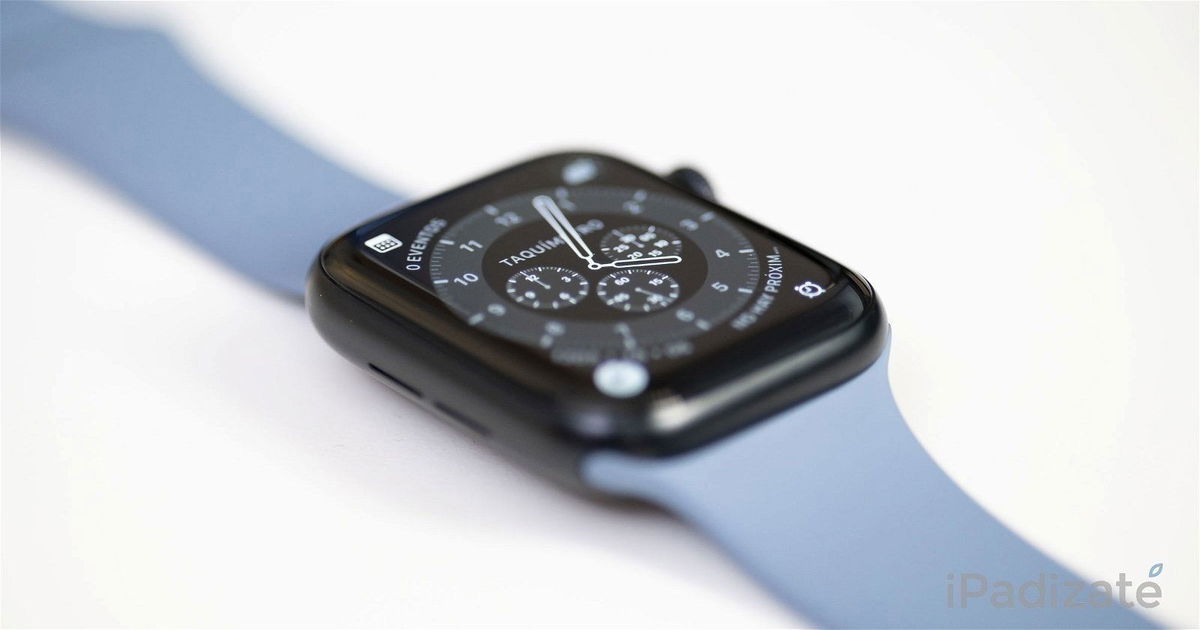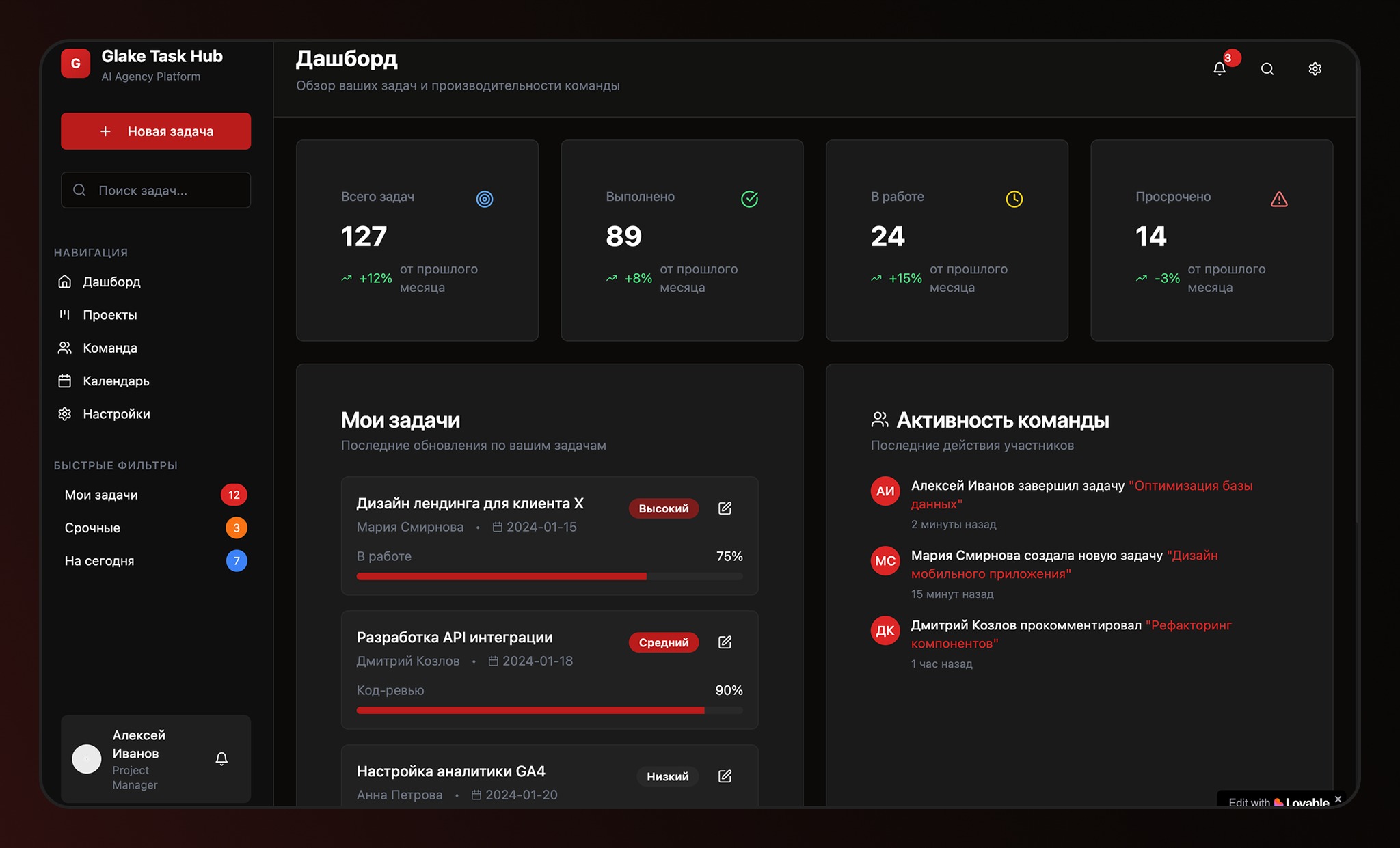Beeline’s Big Data & AI team, specialized in working with AI and big data, has developed a solution based on computer vision to monitor possible cases of fraud by employees of a federal chain of electronics and accessories stores. Currently, the system is integrated in 93 stores of the chain throughout Russia and the client wants to expand the project at the end of this year.
Author:
https://rb.ru/author/pecherskaya/
Subscribe to RB.RU on Telegram
The network has more than a thousand points of sale, each with CCTV cameras installed to monitor incidents related to unfair actions by employees. The company has also established algorithms that analyze cash transactions and identify suspicious ones. However, these methods turned out to be not effective enough, so the management came up with the idea of integrating video analytics along with cash algorithms for deeper analysis.
Beeline Big Data & AI installed software in the customer’s circuit that included a neural network trained to identify various scenarios of illegal actions by employees. The model achieved incident detection accuracy comparable to expert verification.
The neural network tracks the presence of people in the frame and the determination of the customer/employee occurs based on their location in different zones. So, an employee is a person in the cash register area behind the counter. In addition, for different scenarios, the neural network recognizes the payment terminal, hands, document provision, cash register and their state: closed or open.
The system identifies more than 10 different scenarios of possible fraudulent activity. One of the most serious violations is when an employee receives cash from a customer but does not deposit it in the register. The neural network also highlights situations of making returns, payments and executing contracts without a customer.
Each day, the system collects event reports for each camera, recording the time the customer is in the visibility zone, the opening of the cash register, and the signatures at the payment terminals. Then this data is analyzed together with the report of cash transactions in 1C and sent for verification to specialists of the quality department, who make the final decision on the presence of violations in certain events.
In the first six months of operation, the neural network identified 19% of actions as suspicious and 47% of them were confirmed as violations. Currently, the system has already been integrated into 93 stores of the chain throughout Russia. Based on the results of the work, the client decided to expand the project to 200 points by the end of 2024. There are also plans to automate work with other business systems to minimize human involvement in routine activities.
Author:
Irina Pecherskaya
Source: RB
I am a professional journalist and content creator with extensive experience writing for news websites. I currently work as an author at Gadget Onus, where I specialize in covering hot news topics. My written pieces have been published on some of the biggest media outlets around the world, including The Guardian and BBC News.










